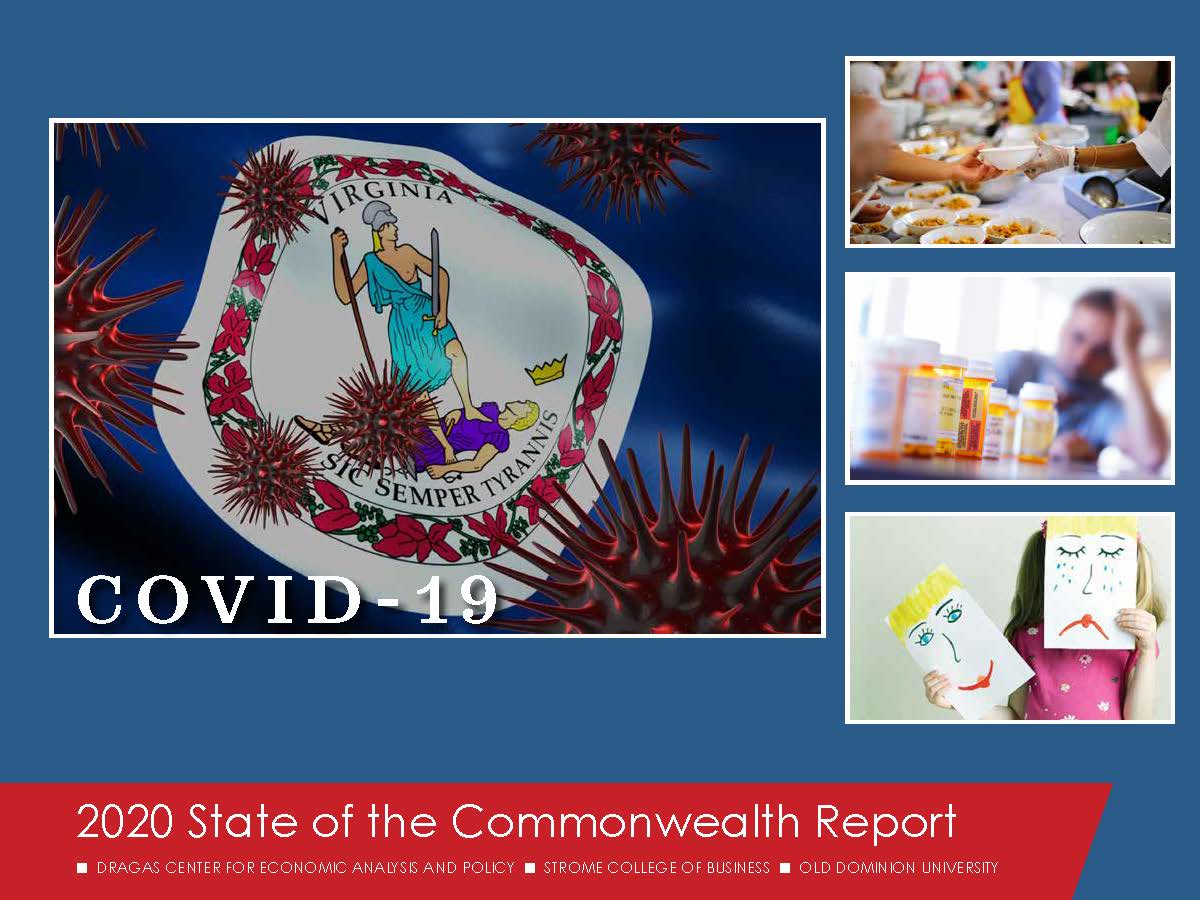Economic Outlook: Washington
[Slides]Economic Outlook: Washington – Tobias Reynolds, May Lin, & Nina Mantegna, REMI
[Recording]Economic Outlook: Washington – Tobias Reynolds, May Lin, & Nina Mantegna, REMI
Economic forecasts can be difficult under normal circumstances, but a global pandemic has only added more variables to the equation.
Despite the hardship involved, the extra uncertainty generated by the outbreak of COVID-19 and the election of a new president has only further highlighted the importance of economic outlook forecasting.
Economic Analyst Tobias Reynolds & Economic Associate Nina Mantegna will be hosting the upcoming REMI webinar, “Economic Outlook: Washington,” on Thursday, February 18th from 2:00 to 3:00 p.m. (ET) that will use our Policy Insight model to evaluate the short-, medium-, and long-term economic outlook for the state of Washington.
This presentation focuses on the economic and demographic indicators, such as population and employment, as Mr. Reynolds and Ms. Mantegna demonstrate the methodology involved in analyzing the trajectory of a state’s economy.
Robert McNab, Ph.D. & Barbara Blake, Ed.D. – State of the Commonwealth
The COVID-19 pandemic has created new problems for government officials to remedy, but the majority of issues that existed prior to the outbreak are still affecting our society in 2021. In many cases, COVID-19 has actually increased the difficulties surrounding the various initiatives put in place to protect our populations.
Please feel free to join REMI Vice President of Economics & Consulting Peter Evangelakis, Ph.D. on Wednesday, February 24th from 2:00 to 3:00 p.m. (ET) as he hosts “State of the Commonwealth,” our special REMI guest webinar that will feature Robert McNab, Ph.D., Director, and Barbara Blake, Ed.D., Chief Administrative Officer, from the Dragas Center for Economic Analysis and Policy in the Strome College of Business at Old Dominion University.
This presentation will review the 2020 State of the Commonwealth Report completed by Old Dominion University before highlighting a collection of topics from their report on the Commonwealth of Virginia. You can access the entire study by clicking here.



